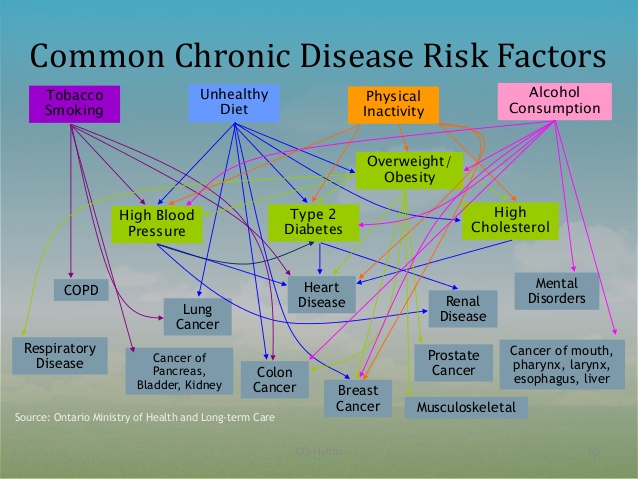Homeopathy for Immunity
Do you suffer from any minor or major ailment every now and then?
……………..You may have a weak immune system.
The immune system is your body’s natural defense system. As long as your immune system is running smoothly, you don’t notice that it’s there. But if it stops working properly – because it’s weak or can’t fight particularly aggressive germs – you get ill.
How to boost immunity;
1. Eat a Healthy Diet
The nutrients you get from food — in particular, plant-based foods like fruits, vegetables, herbs, and spices — are essential to keeping your immune system functioning properly, spices like clove, oregano, thyme, cinnamon, and cumin contain antiviral and antimicrobial properties. Micronutrients and vitamins like zinc, folate, iron, selenium, copper, and vitamins A, C, E, B6, and B12 you get from the food you eat are the nutrients your immune system needs to do its job. The deficiency of vitamin C may increase the risk of many infections.Protein is also critical for immune health. The amino acids in protein help build and maintain immune cells, and skimping on this macronutrients may lower your body’s ability to fight infections.

2. Keep Stress Under Control
Long-term stress leads to chronically elevated levels of as the steroid hormone cortisol. when cortisol levels are constantly high, it essentially blocks the immune system from kicking into gear and doing its job to protect the body against potential threats from germs like viruses and bacteria.Try to do at least one stress-reducing activity every day. Short on time? Start small. Set aside five minutes at some point each day for fun and increase it when you can.

3. Get Plenty of Good Quality Sleep
Your body heals and regenerates while you sleep, making adequate sleep critical for a healthy immune response, Lin says.
More specifically, sleep is a time when your body produces and distributes key immune cells.When you don’t get enough sleep, your immune system may not do these things as well, making it less able to defend your body against harmful invaders and making you more likely to get sick.Sleep deprivation also elevates cortisol levels, which of course is also not good for immune function.The National Sleep Foundation recommends all adults get at least seven hours of sleep per night to optimize health.

4. Exercise Regularly
Regular exercise lowers your risk of developing chronic diseases (like obesity, type 2 diabetes, and heart disease), as well as viral and bacterial infections. Exercise also increases the release of endorphins (a group of hormones that reduce pain and create feelings of pleasure) making it a great way to manage stress. “Since stress negatively impacts our immune system, this is another way exercise can improve immune response”.
Adults should be getting at least 150 minutes (two and a half hours) of moderate-intensity aerobic exercise (like walking, jogging, or cycling) or 75 minutes (one hour and 15 minutes) of high-intensity aerobic exercise (like running) every week.

5. When It Comes to Alcohol, Practice Moderation;
Drinking high amounts of alcohol is associated with a range of negative health effects, including lowered immune function. When you drink high amounts of alcohol, your body is too busy trying to detoxify your system to bother with normal immune system function.high levels of alcohol consumption can weaken your body’s ability to fight infection and slow down your recovery time. As a result, people who drink high amounts of alcohol face a greater likelihood of pneumonia, acute respiratory distress syndrome, alcoholic liver disease, and certain cancers.

6. Don’t Smoke Cigarettes
Like alcohol, cigarette smoking can also affect immune health. “Anything that’s a toxin can compromise your immune system.In particular, the chemicals released by cigarette smoke — carbon monoxide, nicotine, nitrogen oxides, and cadmium — can interfere with growth and function of immune cells, like cytokines, T cells, and B cells. Smoking also worsens viral and bacterial infections (especially those of the lungs, like pneumonia, flu, and tuberculosis), post-surgical infections, and rheumatoid arthritis (an autoimmune disease in which the immune system attacks the joints), according to the CDC.

7. Keep Symptoms of Chronic Conditions Under Control
Chronic conditions like asthma, heart disease, and diabetes can affect the immune system and increase risk of infections.
For example, when people with type 2 diabetes don’t manage their blood sugar properly, this can create a chronic, low-grade inflammatory response that weakens the body’s defense system.Similarly, people with asthma are more susceptible to catching — and even dying from — the flu, and often experience worse flu and asthma symptoms as a result of the infection, according to a study published in the July 2017 issue of the Journal of Allergy and Clinical Immunology If you manage your chronic conditions better, you’ll free up more reserves to help your body fight off infection.

Stay Healthy and Take Care

